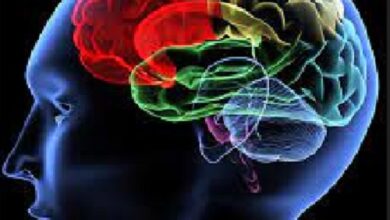What is Neuropsychology definition/concept
The neurologist studies the brain structures and the psychologist analyzes human area of knowledge: neuropsychology.
Neuropsychology studies the relationships between the brain and human behavior, as well as their mental functions, such as attention, language, memory, the ability to plan or make calculations, among others. This type of relationship between the biology of the human brain and its behaviors or mental functions are established in healthy individuals or in those with some pathology.
Brain damage and cognitive functions
The main causes of brain damage in people are as follows: stroke or stroke , stroke or traumatic brain injury, some tumors, brain infections, or lack of oxygen to the brain. All these damages caused to the brain have consequences for the conduct depending on several factors: the area of the brain affected, the individual’s age and the time between the accident and the hospital intervention.
The origin of neuropsychology as a science
In prehistory, some humans ate the brains of others because they believed that this way they could feed on the intelligence of others. This early idea advanced significantly with the contributions of Hippocrates in the fourth century BC, who claimed that the brain was the seat of human intelligence.
Starting in the 19th century, some researchers observed some damaged brain structures and their intellectual limitation. These researches allowed establishing the relationship between the frontal lobe of the left hemisphere and the ability to speak. The link between language and brain anatomy was one of the first steps in neuropsychology understood until today.
The case of Phineas Gage and neuropsychology
In 1848, an American construction worker named Phineas Gage suffered an accident in which a metal bar passed through his skull. Despite this he did not die and went fully conscious to the doctor.
The accident had immediate consequences, especially fever and delusions for a few days. However, when he recovered from the accident, something unexpected happened: he went from being a kind and friendly individual to being impulsive and fickle. This sudden change in personality made him transform into a totally different person . Despite this, thanks to its accident and the consequences it produced, neuropsychology as a scientific discipline began to consolidate itself.



